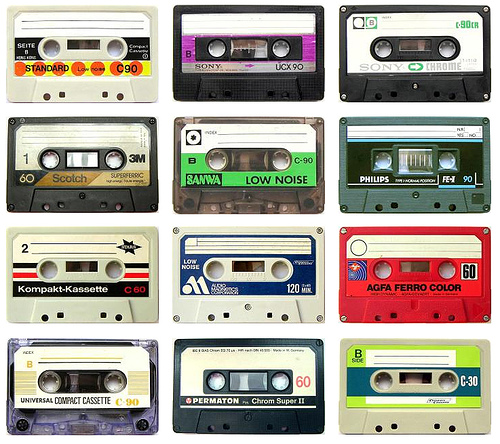
How often have you found yourself wandering around a store with various shiny items under glass that have their price tags on display, and no matter how hard you try you cannot get over the beauty of the more expensive ones on display. They are all so different but definitely the turquoise necklace is the best one there, but what a shame is so expensive. Well it must surely be the most carefully made and highest quality item on display or why else would it be so expensive. I think it must be priced high for that reason, I think it makes sense to buy it. Well it seems this may not necessarily be the case. Let's stop the tape and rewind.
Robert Cialdini, in his fantastic book on the psychology of persuasion talks of a story in which just such a misconception occurred, and how a piece of jewelry that hadn't sold for weeks suddenly became more appealing and sold by being mislabeled with a higher price. So what might have occurred to make the item more desirable? Well he goes on the explain that we appear to have prerecorded fixed action patterns in our minds that are triggered when the right trigger features occur. In this case the turquoise and high price tag made us assume a natural correlation. These thought streams can be thought of as tapes that play in our subconscious that raise our emotions on the right cues and that influence our decision making. These trigger features don't have to be a complex and don't have to be large and prominent, it can be a small specific aspect that triggers the tape to play. The people that bought the more expensive jewelry played the expensive=good tape and probably believed in the idea that you get what you pay for. This doesn't of course work the same for everyone but it does show itself in many situations. We play these prerecorded tapes of assumptions once they are triggered. Much of this occurs because people have had similar experiences in the past and base new estimations on these past assumptions.
These fixed action patterns, are not just about consumption, they can show themselves in many situations. Nature has given us these abilities not as a curse but as a gift that allow us to quickly evaluate a situation or new stimulus as threatening or safe for example. It allows us to see someone as an enemy or friend. It also allows us to think about and empathize with another by playing what we imagine someone else may be feeling or needing. Robert goes on the talk about how the trigger word "because" can change our willingness to allow someone in front of us in a queue. Without this word and an excuse following it, even if the excuse is nonsensical, we are less likely to allow someone to queue jump. The "because" statement is needed to activate the feeling of empathy in us that this person must have good reason to ask to jump ahead. We generally want to be social and friendly and would if our needs are less, be willing to allow someone whom seems agitated to go ahead of us.
So why do we have these strange tapes playing on our minds, well it makes most sense when you think about the amount of information we have to digest everyday, quite simply we don't have enough time to analyze each and every piece information we receive, so we shortcut the process where we can and most times it saves us a lot of work and time so we can make assumptions and move on. This is just a modetrn interpretation of our evolved sense of quick evaluation of situations and people. Of course, as these examples show this process can be misleading and used against us by those that want to adjust our interpreter. This is what ultimately leads us to stereotypes and generally they are harmless ways the brain labels and categorizes the World around it, but of course as history has shown these can be misguided and lead us to wrongful conclusions.
This is just one of the many ways our mind works and does an amazing job of helping us process our complex Worlds. Just be aware that not always are the assumptions you make the correct ones, you may have put the tape in and started playing the fixed response, but sometimes you have to stop the tape and think a little more carefully and then you can see the truth a little better.

No comments:
Post a Comment